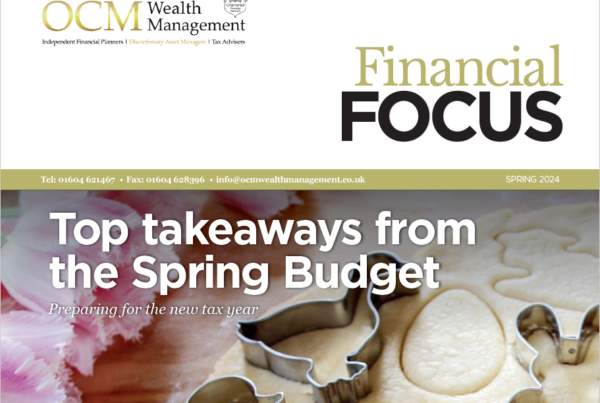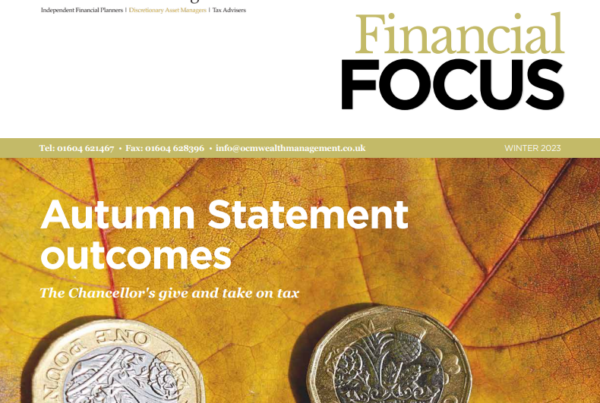The first Budget since October 2021 was widely expected to be an uneventful affair. Five months ago, the then new Chancellor, Jeremy Hunt, presented an Autumn Statement that was more of a Budget than many formal Budgets. Not only did his Autumn Statement result in a greater increase in the tax burden than most Budgets – £55 billion by 2027/28 – it was also accompanied by a Finance Bill. With an election likely in autumn 2024, Mr Hunt’s ‘Budget for growth’ looked set to be a steady-as-you-go fiscal non-event. Yet it turns out that over the next three tax years, Mr Hunt will hand back about £65 billion of the extra tax that he had planned to raise last November. Although by 2027/28, he will still be about £40 billion a year better off. The largest element of his three-year giveaway is the introduction of temporary full expensing for corporate investment in new plant and machinery.
This goes some way to counter the impact of the corporation tax rate increase to 25% due in April 2023. The aim behind this relief – stimulating economic growth – drove his extension of free childcare. It also provided justification for the surprise abolition of the pension lifetime allowance (LTA) and increases to the annual allowance. However, the benefits of the pension reforms to high earners have been tempered by a new cap on tax-free cash. Whether the Chancellor succeeds in his growth agenda will not be clear until well after the next election. As Paul Johnson, Director of the Institute of Fiscal Studies, said: “Once again Jeremy Hunt can be grateful that the Office for Budget Responsibility is more optimistic than the Bank of England. It handed him some room for manoeuvre.”
VBW



